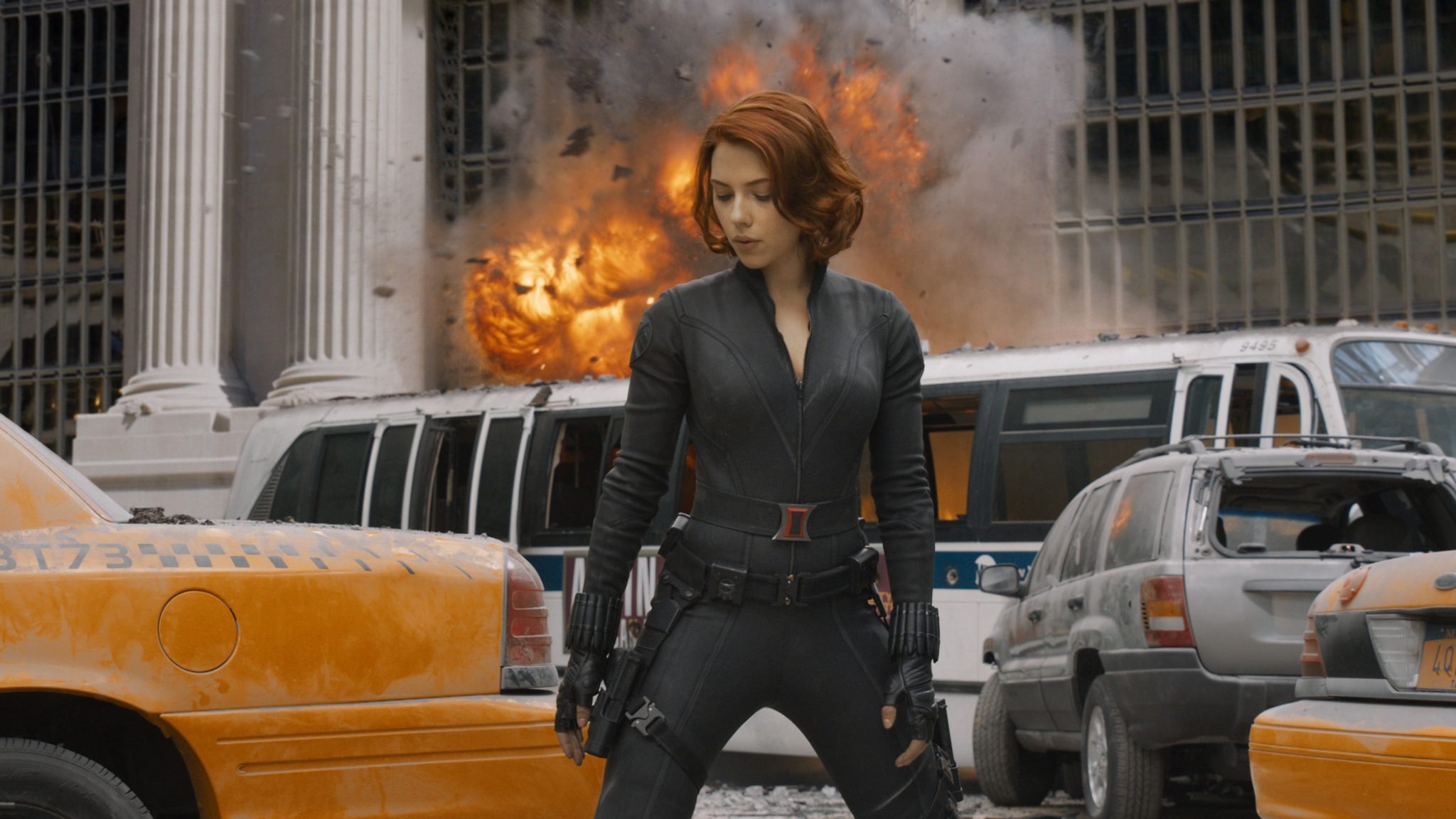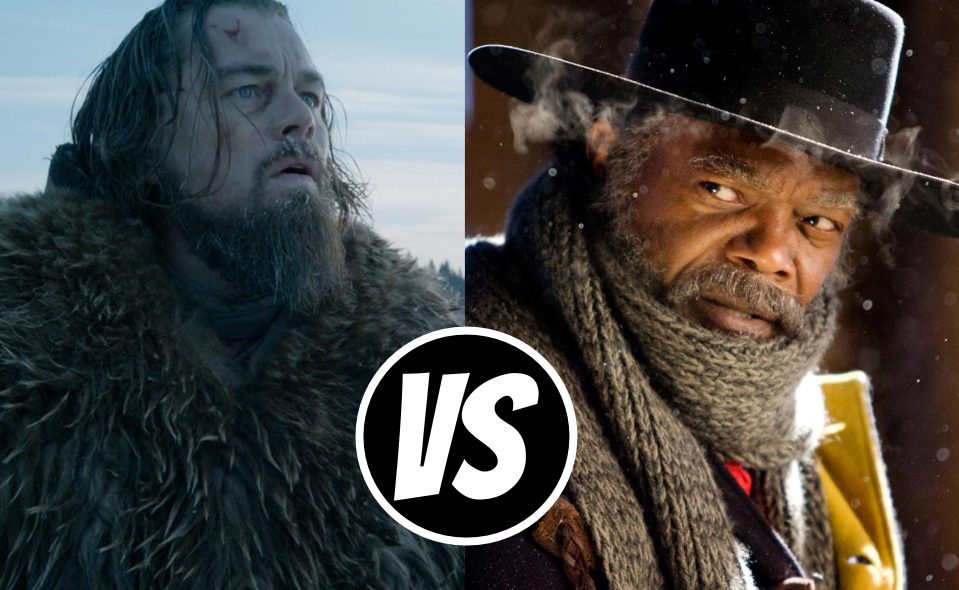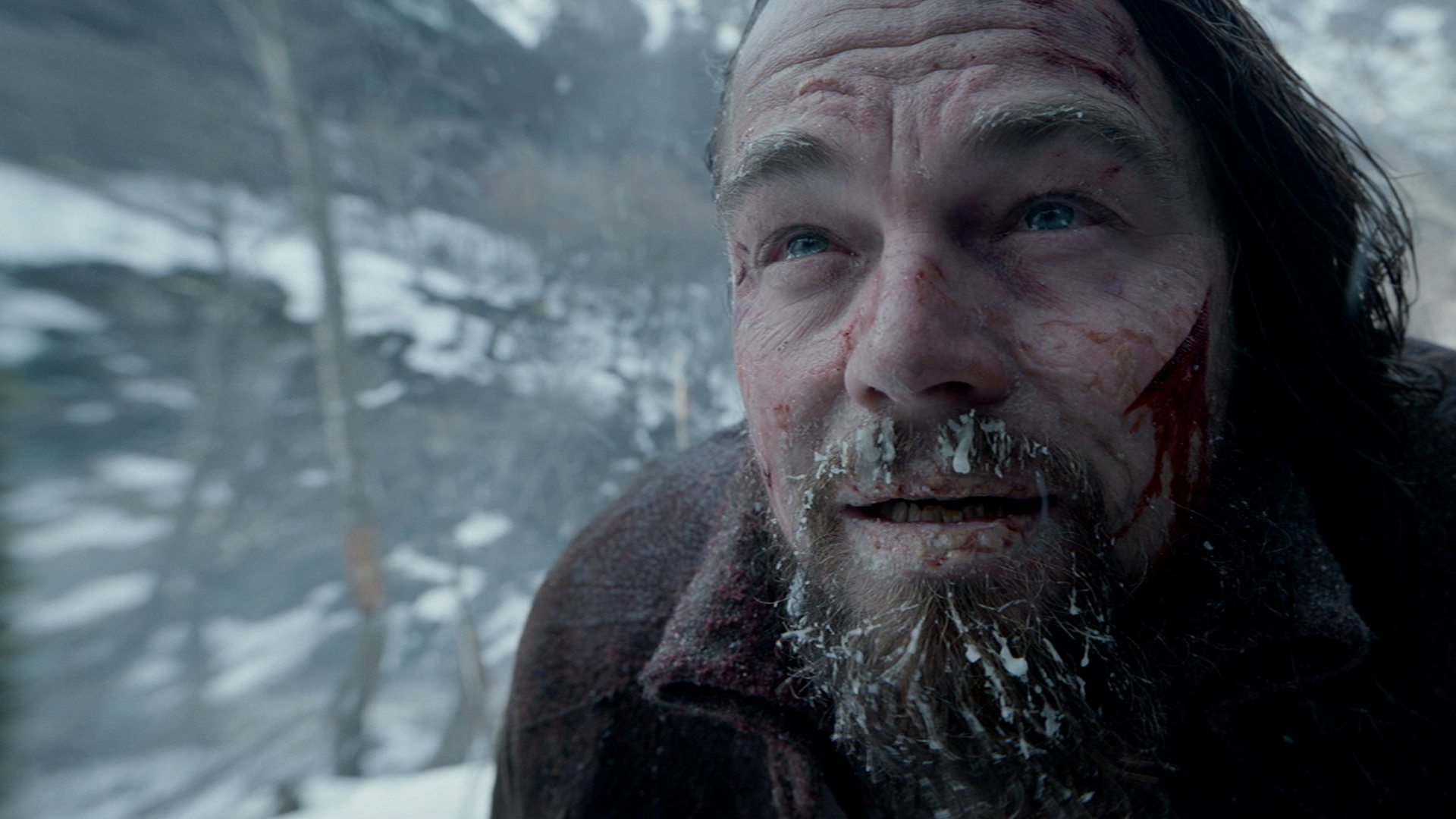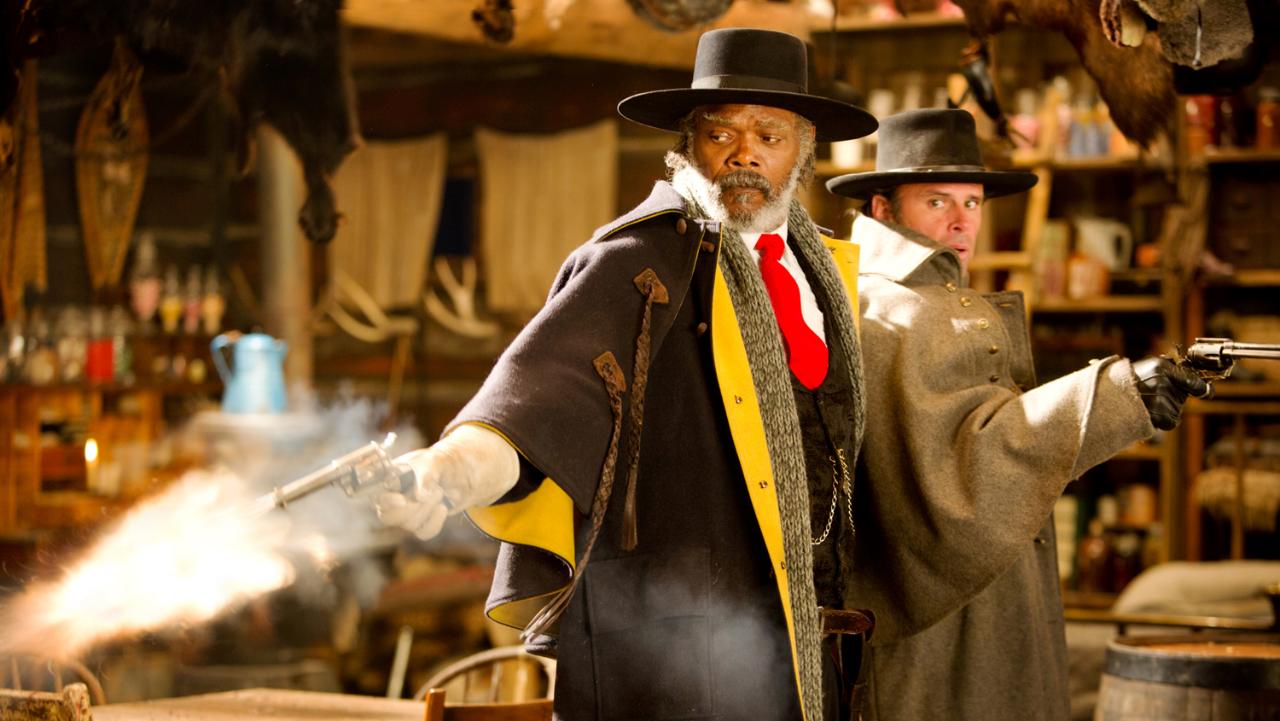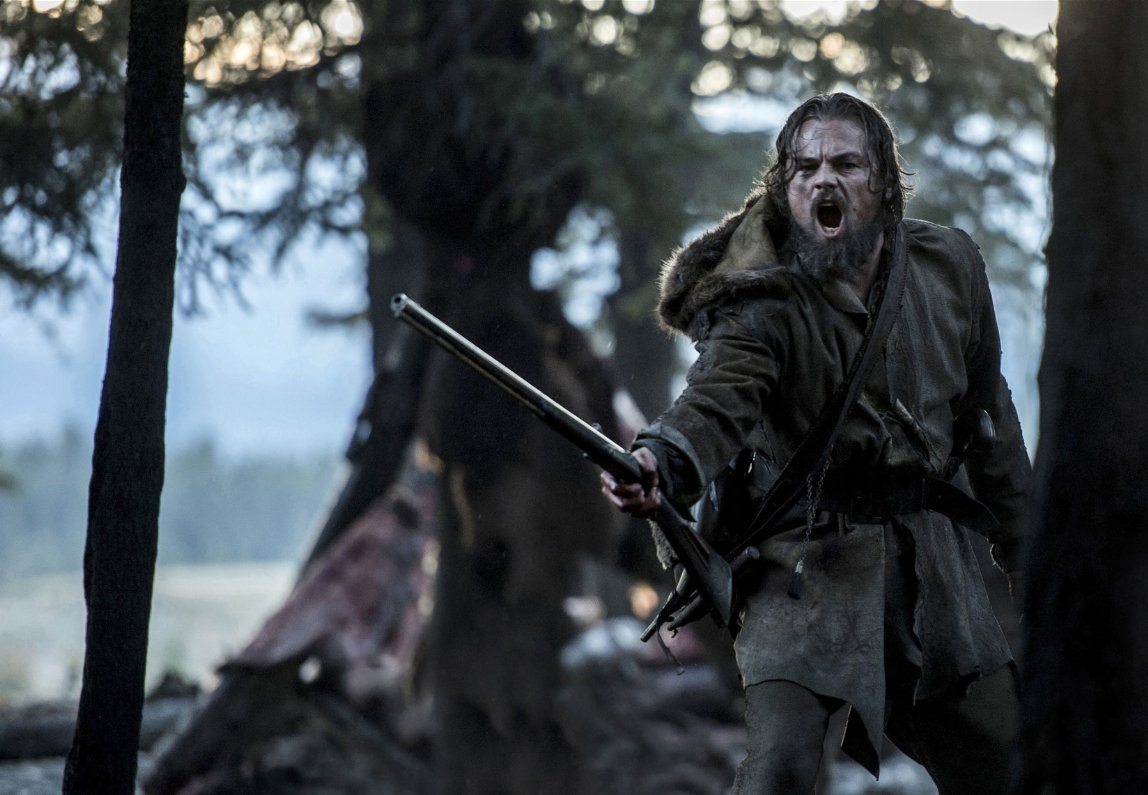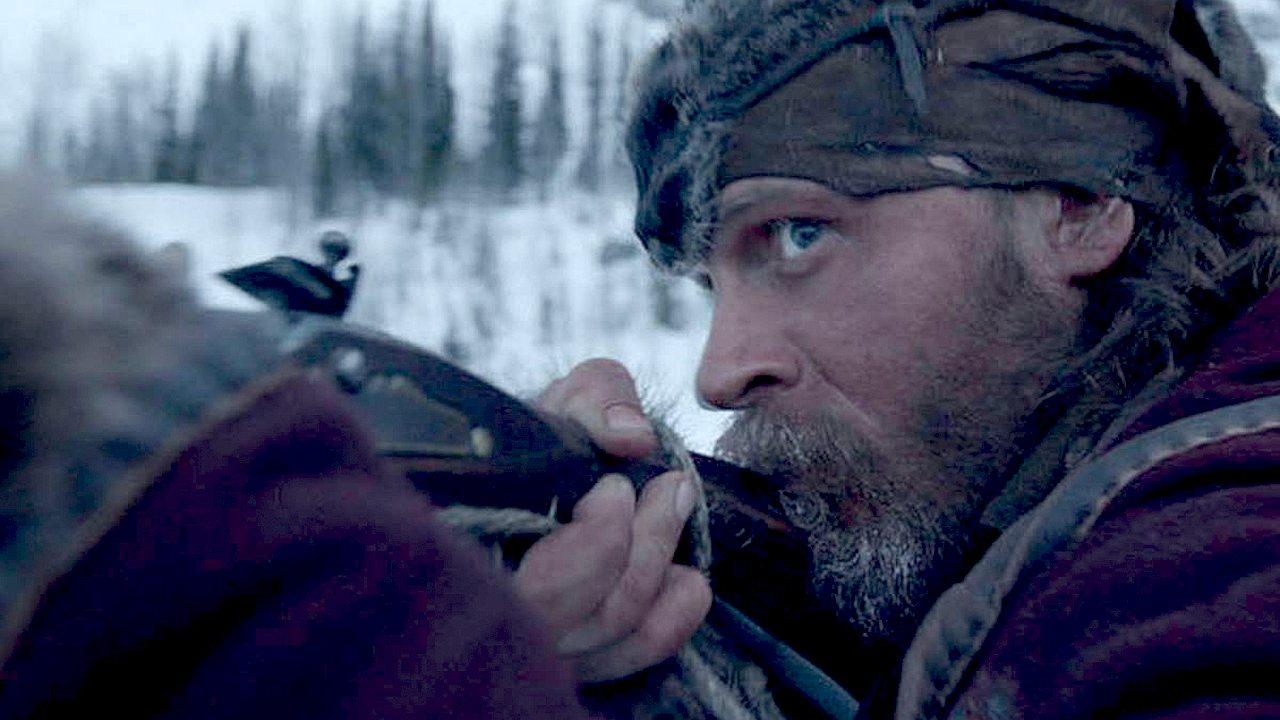
“Which is Better” is a sort-of new editorial series, where I break down two similar pieces of entertainment and evaluate which one is, well better. I’m starting to realize this intro isn’t necessary anymore.
In 2002, Sony Entertainment kicked off the Spider-Man trilogy, which helped shape the landscape of superhero movies we enjoy today. While these movies certainly weren’t perfect, they made a huge impact on moviegoers like me who’d grown tired the “dark” and “cool” movie heroes who had to wear leather jackets in order to be taken seriously.
After the poorly-received Spider-Man 3 was released in 2007, a fourth sequel was in the planning stages for years. Sony wasn’t about to let one of its most profitable franchises ever disappear after one misstep.
But instead of continuing the saga they established with Tobey Maguire as Peter Parker, Sony decided it was soon enough to reboot the series with a new director, lead actor, and (taking a page from Marvel and Disney) overall focus on franchise continuity.

So in 2012, The Amazing Spider-Man hit theaters with Andrew Garfield now playing a younger version of the webhead. The film was a modest hit, prompting its sequel The Amazing Spider-Man 2 to lay even more groundwork for future spinoffs and adaptations.
TASM2 was also a moneymaker, but that didn’t stop Sony and Marvel from striking a deal to once again nix the franchise and start fresh, virtually erasing all of their plans for a Sinister Six film and even (I’m not joking) a spinoff for Aunt May.
This is probably because both TASM films made less than the previous trilogy, even before adjusting for inflation. They still made a ton of money each, but not the billion Sony was banking on.
In other words, Sony bit off more than it could chew, and they eventually recognized that there was more money to be made if they could play nicely with Marvel and Disney. We can’t really fault the TASM franchise, then, for essentially being incomplete.

But which is better? It’s a question that’s confounded fans of Spider-Man for years, myself included. Sure, it’s easy to compare singular movies to each other (Spider-Man 2 is my personal favorite overall). But comparing two entire franchises is a big undertaking, since both have significant flaws that have to be considered.
In order to reach a verdict, I’ll have to break these movies down by their core elements: characters, story, action, and more. So in the end, we should have a pretty clear answer.
Note: When doing my research for this piece, I came across a similar breakdown done by the Nostalgia Critic on YouTube. I don’t agree with all of his points, but this is a pretty good analysis that can be paired with my own if you want a more comprehensive insight.
SPOILER WARNING: there are some major spoilers below, especially for The Amazing Spider-Man 2. Do not read if you haven’t watched these movies yet.
Let’s begin with…
BEST SPIDER-MAN
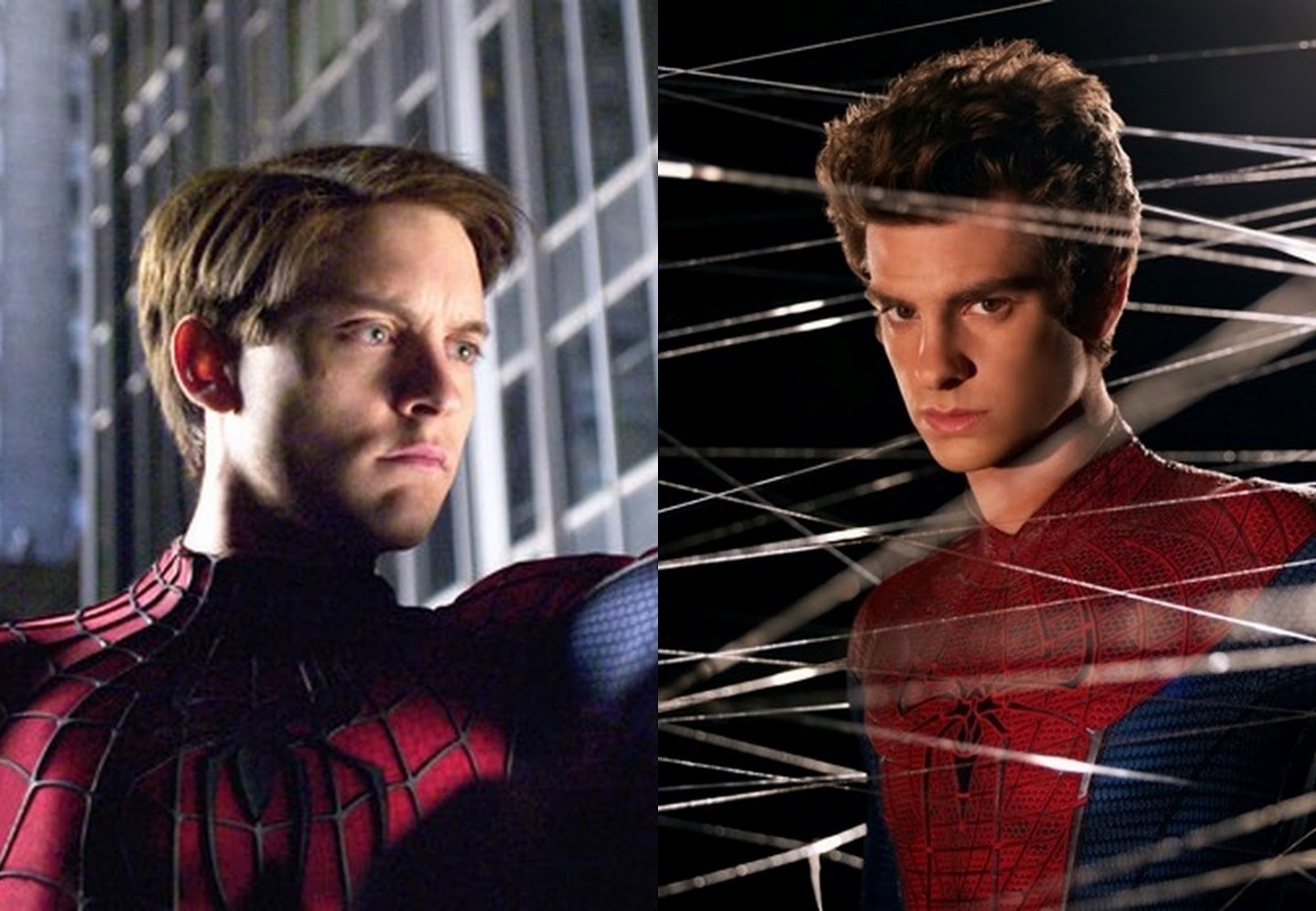
Let’s just get this out of the way. Who is better at being Spider-Man?
This is a harder question to answer than usual because it’s almost a tie for me. The character of Spider-Man has always had a dual personality, with the mask allowing the dorky Peter Parker to get out of his shell with quips and daring antics. Strangely enough, both franchises excel at one side of this character.
Tobey Maguire is vastly more believable as the unsettling science nerd he portrays in SM trilogy, while Andrew Garfield is much more fun to watch with the costume on, especially in TASM2.
But what about the inverse?
I never had a problem with Maguire’s take on Spider-Man, until I watched the trilogy again years later. His dialogue is incredibly one-note and campy, which is exactly Sam Raimi’s intention. While I don’t dislike this, I have a hard time loving it as much as I used to.
With Garfield, I have a bigger problem with his take on Peter Parker not feeling even remotely true to the source material. This is an issue because the source material informs too much of his character and motivations for this aspect of the character to be out of sync.
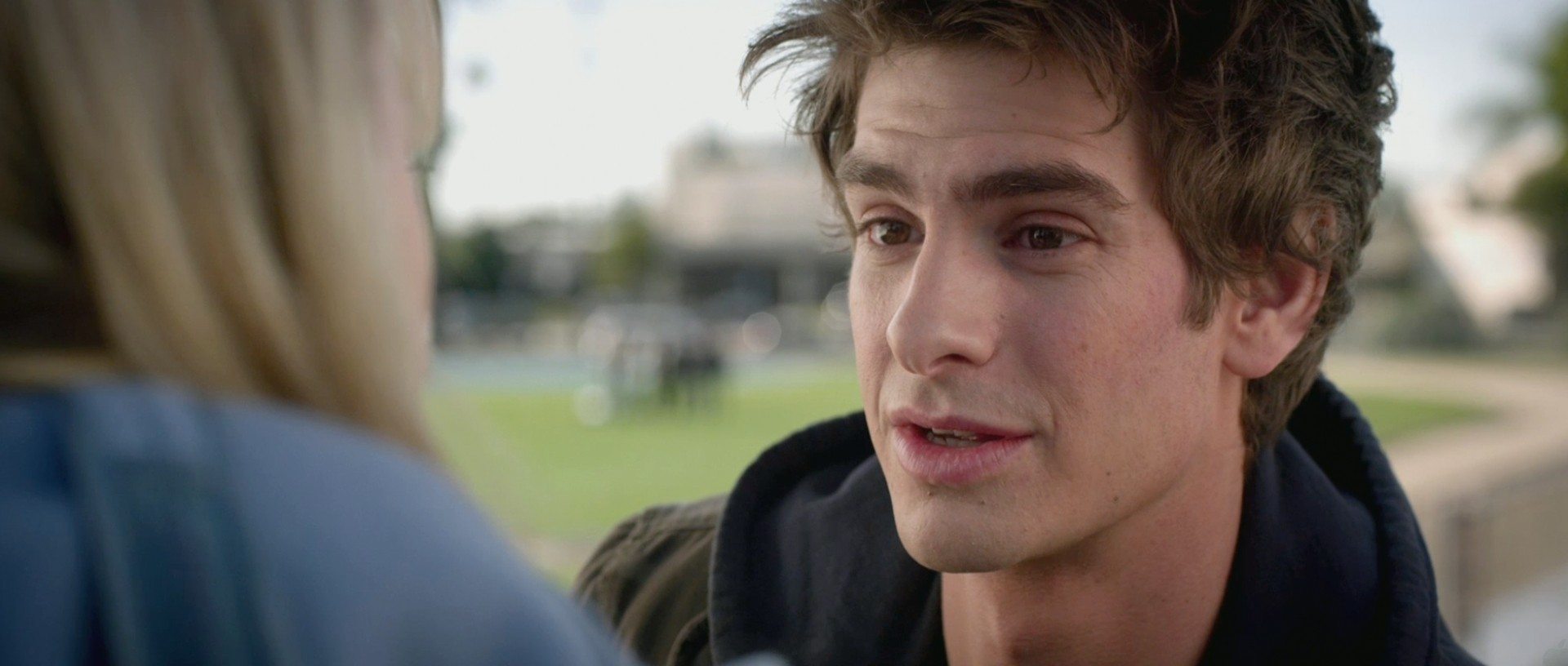
Specifically, it’s too hard to buy Garfield’s Peter Parker as someone who is unpopular. From the beginning, he’s a good-looking guy who skateboards and mopes around with his hood up, making him exactly like most of the cool guys we actually went to high school with.
At the same time, I love Garfield more as the movies progress. By TASM2, he swiftly becomes the competent superhero genius as portrayed in the comics. Yet there’s no real sense of his struggle or yearning, with everything he wants being pretty accessible, including his rapid romance with Gwen Stacey (a fault of their natural chemistry, no doubt).
With Maguire, it’s the other way around. By the end of the trilogy, his character becomes a real mess. Though at his peak in SM2, he truly delivers a relatable character that makes you root for him. When he loses his powers and quits in SM2, you don’t blame him. But you feel as triumphant as he does when he finally returns to the action.
Because both of these movies don’t give us the ultimate, complete Spider-Man, I have to say this one is a tie.
BEST VILLAINS

This is pretty easy. It’s SM trilogy.
Look, I get that the villains in the trilogy have repetitive beats, like split personalities and being inextricably tied to Peter Parker in some way. But this was completely overshadowed by their overall performances, especially Doc Ock — a character who was never that interesting in the early comics, yet weirdly profound when Alfred Molina got his hands on him in SM2.
I’ve seen TASM a handful of times, and I honestly couldn’t tell you one thing about the Lizard that I remember from the film, aside from tidbits I know because of the comics, TV shows, and characters. Worse, Electro was poorly handled as a guy who loves — then outright hates — Spider-Man for weak reasons.
It’s also no fun watching Electro be a villain whose motivations revolve almost entirely around the hero, rather than a character like Norman Osborn, who resorts to mind-altering insanity in place of losing everything he’s worked for. Or Sandman, who escapes a life in prison only to succumb to a life of being immaterial.
I looked forward to Dane Dehaan as Green Goblin, and overall, he was fine. But the look of the character managed to be even more bizarre than Dafoe’s. Both costumes are pretty unimpressive, but at least SM gave Dafoe a better reason for being insane enough to wear green armor. Dehaan’s motivations were close to being as whiny and petty as Electro’s, and don’t get me started on the wasted potential of Paul Giamatti as Rhino.
Like I said before, it’s SM trilogy by a landslide.
BEST ACTION SCENES
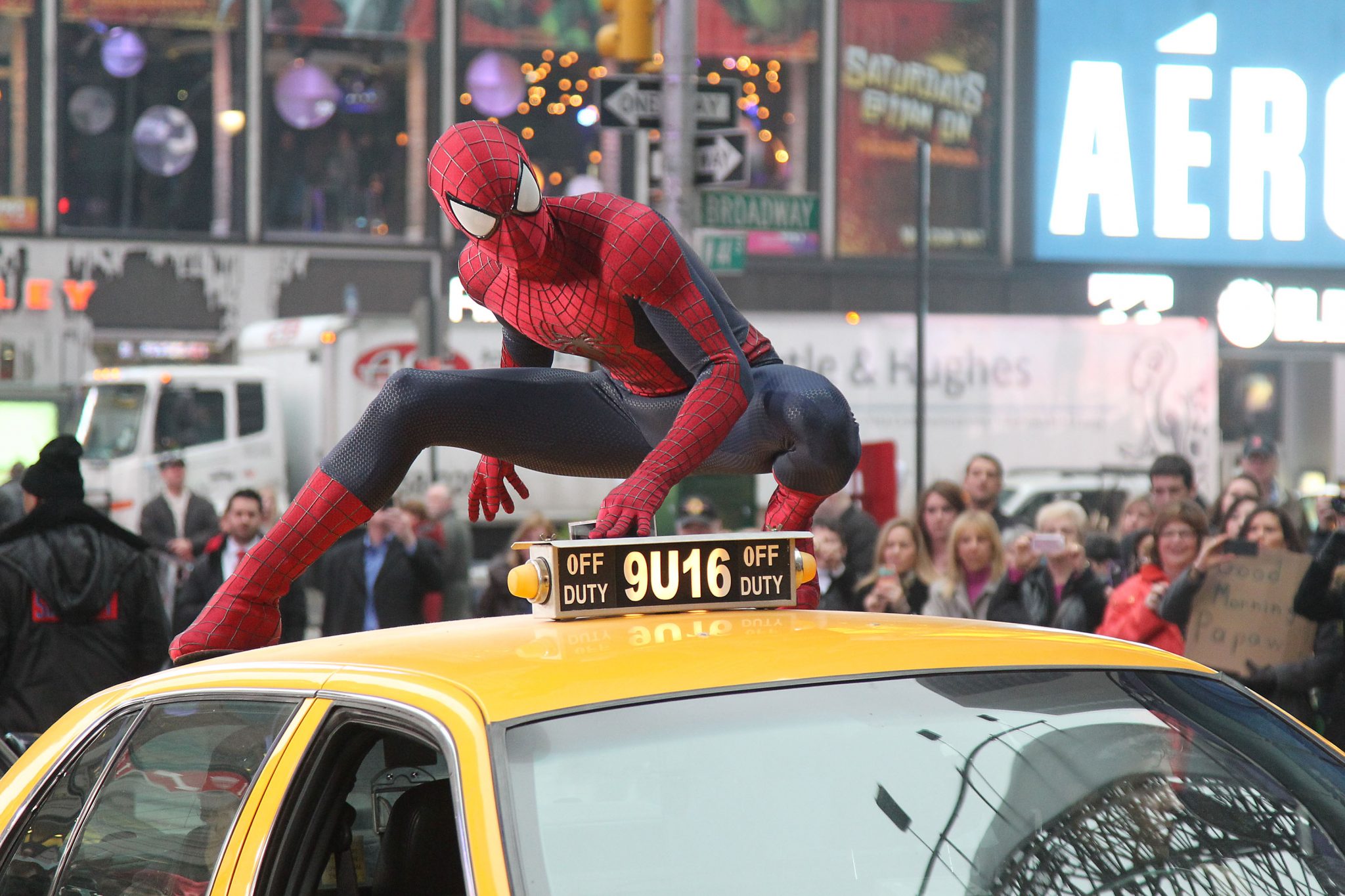
In TASM and TASM2, I love how well the action is choreographed. Spider-Man looks and moves like Spider-Man. What more could you want?
But SM trilogy has superior action scenes. The final showdown in SM, the entire train sequence in SM2, and SM3’s brutal beatdown between “dark” Spidey and Sandman. These are all incredibly visceral and emotional confrontations that I don’t think TASM and TASM2 matched nearly as well.
That said, we already evaluated these movies for story, so I have to set that aspect of the scenes aside. If we’re just looking at how well the action unfolds, then it’s safe to say that TASM is superior. Watching Spider-Man in action was more thrilling in these movies, even without all of the emotional buildup done so well by SM trilogy.
Point goes to TASM.
BEST SUPPORTING CAST
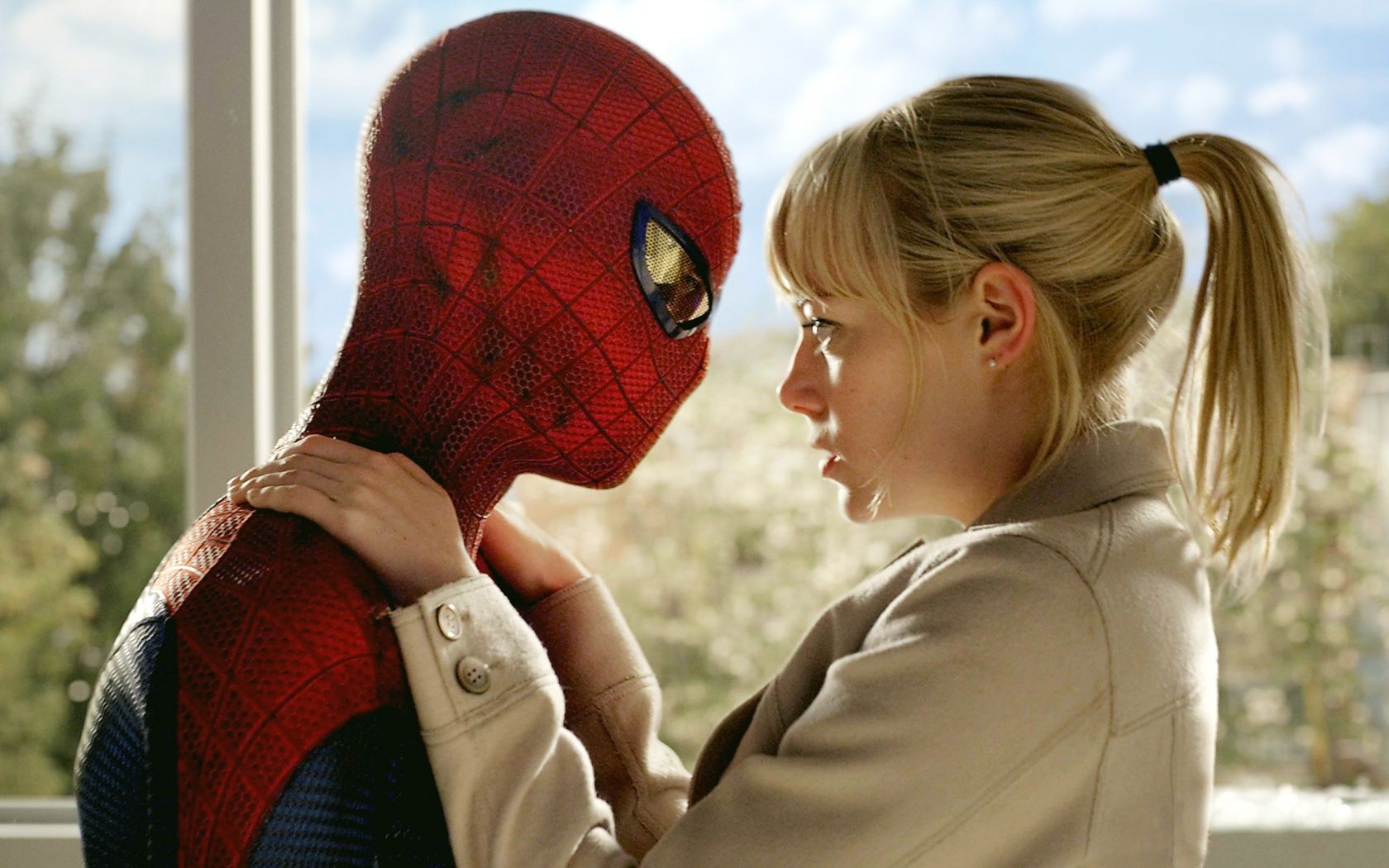
Almost everyone loved the relationship between Peter Parker and Gwen Stacey in TASM and TASM2. Unlike the constant “will they/won’t they” of SM trilogy, we got these two as a couple early on, with Gwen Stacey even learning of Peter’s double life in just one movie.
While I appreciate SM for giving this relationship time to develop, it was smart of Sony to give us something new to watch with Peter and Gwen, and they pretty much nailed it. And this goes beyond the chemistry between actors.
Mary Jane is easily one of the weakest characters of SM trilogy, which is no fault of Kirsten Dunst (I guess). Her recycled peril got old very fast, which is why it was refreshing to see Emma Stone’s Gwen Stacey be a more dynamic and action-oriented character. Watching her solve problems and be an ally to Spider-Man was something fans wanted a long time ago, and Sony delivered.
I do like SM trilogy’s more cautious buildup, and the kissing scene in the rain is iconic. But overall, TASM gave us a more captivating romance.
But what about the rest of the supporting cast?

Without a doubt, J.K. Simmons was perfectly casted as J. Jonah Jameson, who stood out as one of SM trilogy’s best characters. He was so good, in fact, that TASM and TASM2 seemed too afraid to even try recasting him.
I also preferred SM trilogy’s Aunt May, played by Rosemary Harris. She lived and breathed the character, while Sally Fields gave us a somewhat one-note performance. Even in SM3, her cold shoulder scene with Peter admitting his involvement in Uncle Ben’s death trounces anything we saw of Aunt May in the newer films.
Despite all of this, TASM and TASM2 has a well-rounded (if somewhat inferior) supporting cast, so the excellent romance manages to put it on top.
Point goes to TASM.
BEST STORY

Is a story better if it’s more memorable? If so, then I’m leaning toward SM trilogy in a hurry. The iconic kissing scene we mentioned earlier, the death of Uncle Ben, and Peter’s speech to Mary Jane at the end…these are all moments that stuck with me.
With TASM, I remember more key moments from the sequel, namely the death of Gwen Stacey. It was handled very well, and Garfield killed it in the scene. But the only other moments I found as interesting were just quips and funny moments sprinkled throughout the movie, including Garfield’s “leg tap” and wearing the firefighter helmet.
Even the subplot with Peter’s parents ended up being a letdown, with the whole conspiracy being yet another web of unimportance that “might” be explained more in the next movie. I’ll give TASM and TASM2 credit for not being boring movies, but I’d be hard pressed to say they had compelling stories, even when they didn’t have the excuse of well, we have to retell the origin story.
SM and SM2 had incredible stories that coincided with the odd premise of a man swinging around the city like a spider. The first one nailed it as a coming-of-age story about an unassuming guy suddenly blessed with enormous gifts, learning how to use them with responsibility.

The second was a compelling followup about the reality of that responsibility, and how they would result in massive sacrifices that Peter Parker wasn’t actually ready for like he thought he was. And that’s not even getting into the villain’s plot, a shade of Peter Parker who won’t compromise anything to get what he wants.
Of course, SM3 is where the story goes off the rails with a rehashing of Peter’s struggle with Uncle Ben’s death, a pointless turnaround of his relationship with Mary Jane and Harry, and the rushed introduction of yet another villain who deserved much more screen time and development.
But even with the disappointments of SM3, the first two movies at least tell a coherent story that can stand on their own, unlike the incessant teasing of TASM and TASM2, which promised “even more answers” in the next installment.
Both movies do a good job in this department, but SM trilogy is the true standout. It’s good even without all of the super heroics, so for that reason, it gets the point.
THE VERDICT
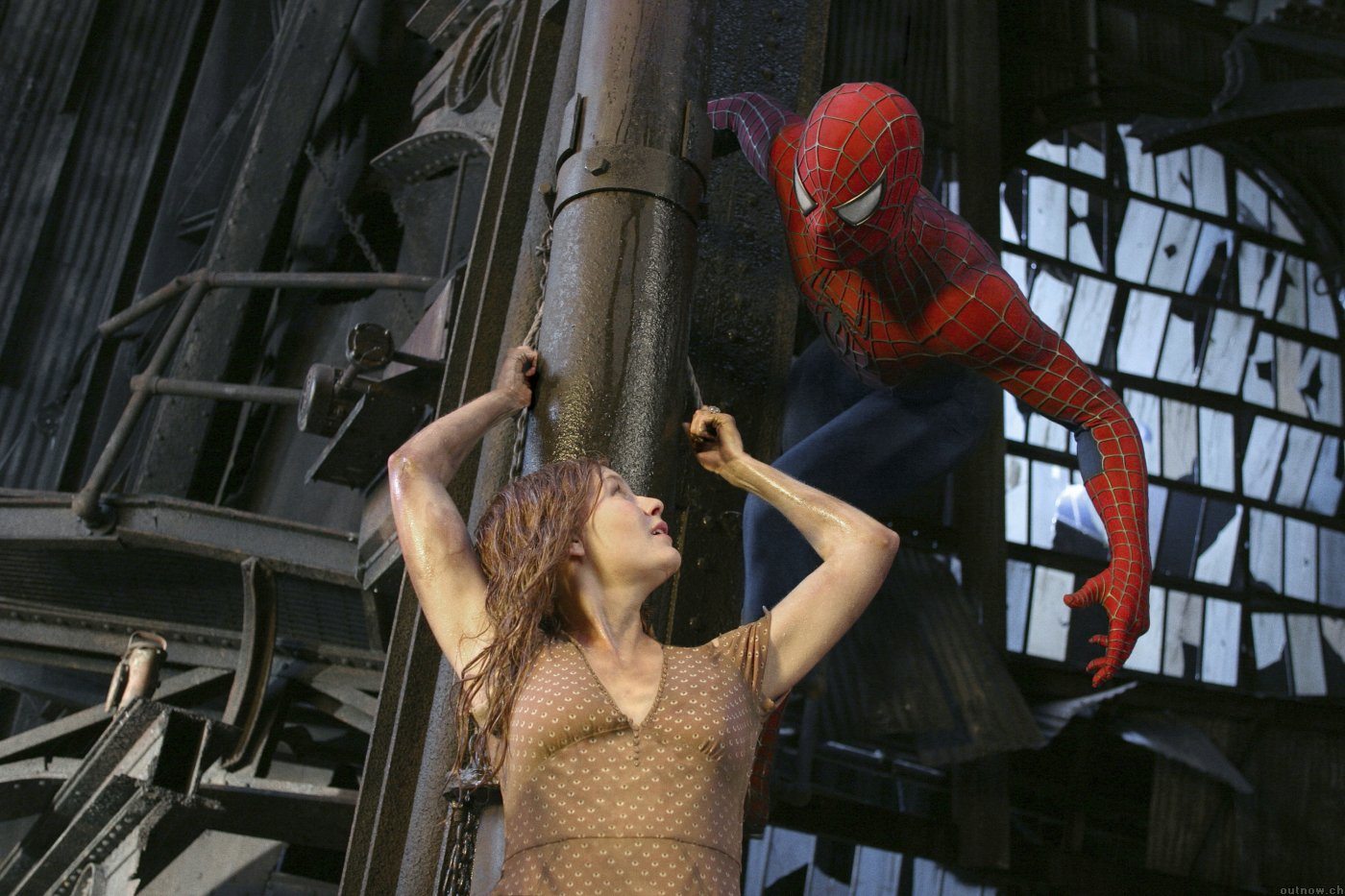
It’s interesting how close these movies are in quality, despite one series being the more successful one overall. I stand by the movies scoring a draw when it comes to Peter Parker/Spider-Man, and I’ve always considered the romance and action much more polished in the newer films.
Yet the story and villains of SM trilogy are true winners when it comes to coherence and direction. The original SM movies dared to be legitimate comic book movies in an age when superheroes couldn’t translate to the big screen without some major overhaul to the source material. Sam Raimi defied that with his take on Spider-Man.
So what is the best overall experience of these movies? Which one had you leaving the theater with a big grin on your face?
If you’re asking me, it’s SM trilogy. Not because I was expecting a whole new franchise universe of more movies I could spend money on, but because they delivered everything I wanted in a superhero movie, even before I loved superhero movies.
That said, I have to let my bias shine here (at least more than usual). These are truly subjective movies that I don’t think anyone can objectively pick apart and deem one as the superior. But if you stop and consider which movie made you feel better and just…happy…then you should have your answer.

Some of you will no doubt leave TASM and TASM2 grinning just as wide as I did after SM and SM2. You’ll hate how slow the action is in SM, as much as I hate how boring the villains are in TASM and TASM2. And you’ll forgive Garfield’s unrealistic version of Peter Parker because you love how excellent he is in almost every other area, extending to his relationship with Gwen Stacey. While I’ll still ponder how convincing it was to see Tobey Maguire as a guy who just has a simple crush on a girl.
For the first time in Which is Better history, I have to call this one a draw.
Agree? Disagree? Just want to say hey? Sound off in the comments.
Thanks for reading this. To get updates on my theories, books, and giveaways, join my mailing list.
Or just say hey on Twitter: @JonNegroni
Like this:
Like Loading...






